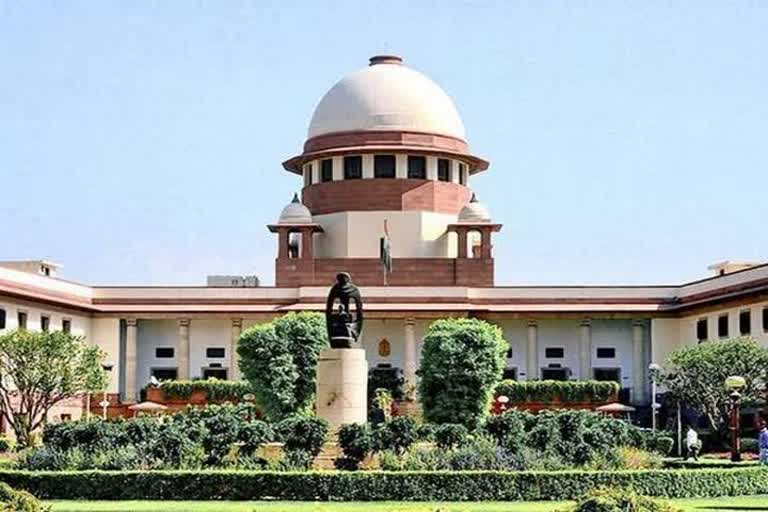New Delhi: The Supreme Court (SC) has refused to award death penalty to a convict, who committed rape and murder of a nine-year-old child last year in Telangana, nearly two months before the amendment of POCSO Act by Parliament prescribing extreme sentence for the heinous crime, saying that retrospective effect to the law cannot be granted.
Telangana Government has moved the top court against the Hyderabad High Court order of November 12, last year by which it had commuted the death sentence of the 25-years-old youth, who committed the grave crime and awarded him life sentence till last breath.
Also read: Tamil Nadu govt submit status report before SC on COVID-19 spread in Chennai children shelter home
The youth, Polepaka Praveen alias Pawan, was awarded the death penalty in a trial completed in a record time of 48 days by the lower court after the commission of a crime on June 18-19, last year.
A bench of Justices Sanjay Kishan Kaul and K M Joseph said that it is unable to persuade itself with the argument of the state government on the aspect of retrospective punishment of extreme sentence on the ground that a signal goes to the society by the imposition of the death sentence.
Firstly, we fail to see how retrospective effect can be granted when the punishment is to operate prospectively and logically so. Even otherwise, the punishment of not being released till his last breath is punitive enough to send a signal to the society and it cannot be that only the death sentence can send a right signal, the bench said.
